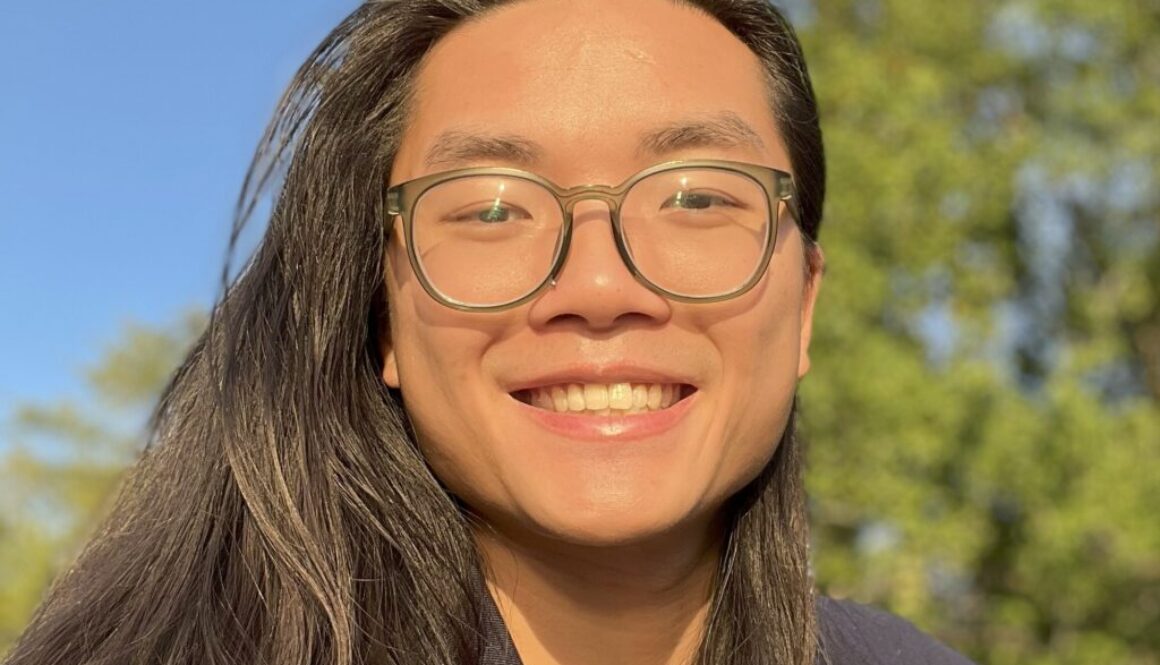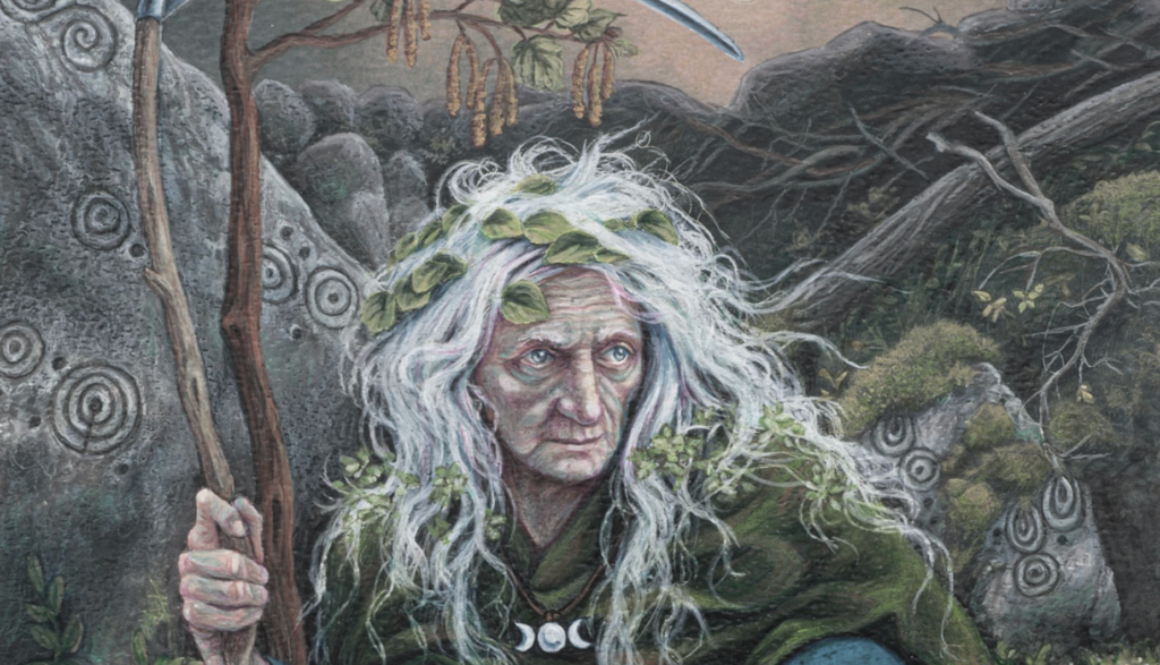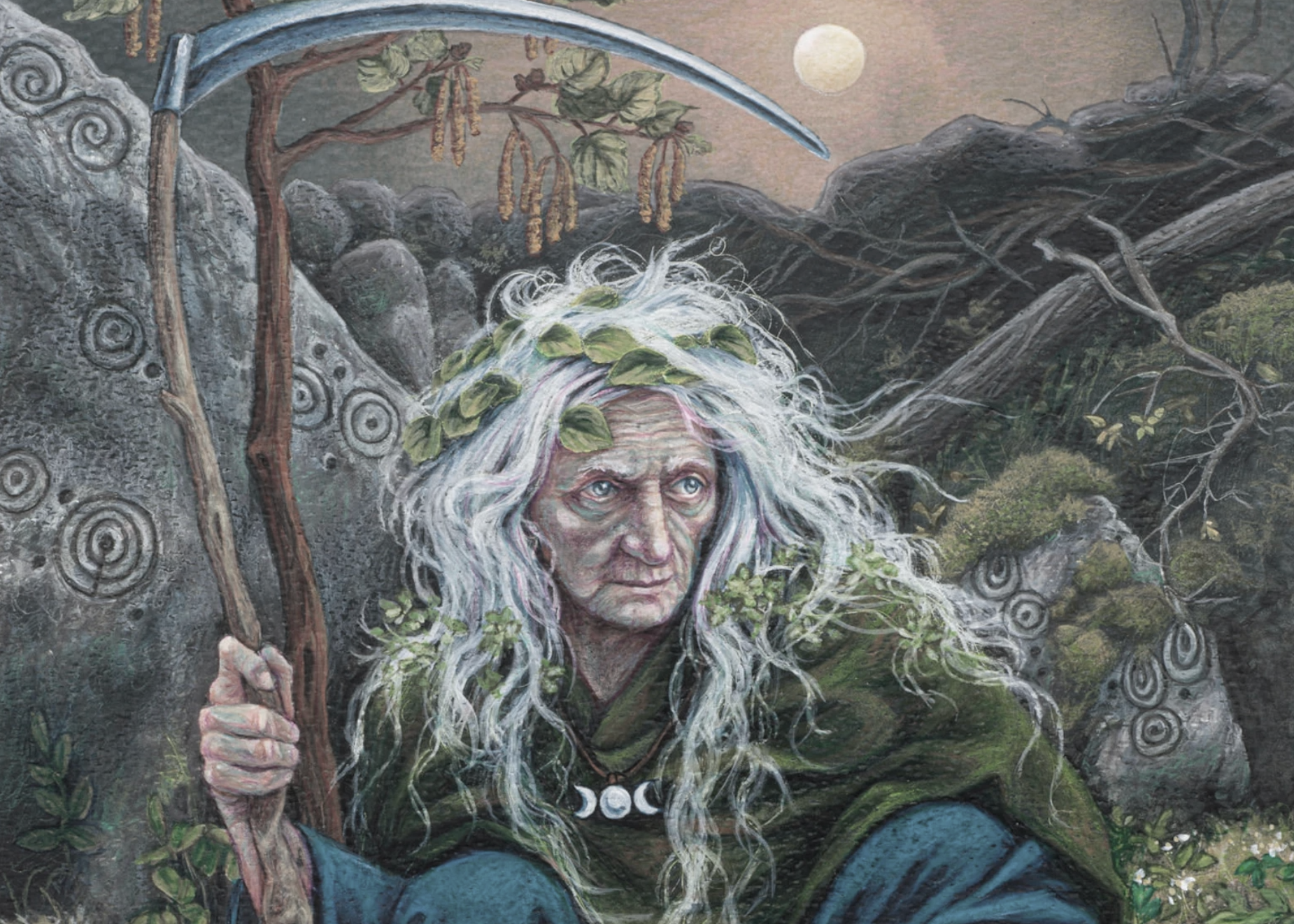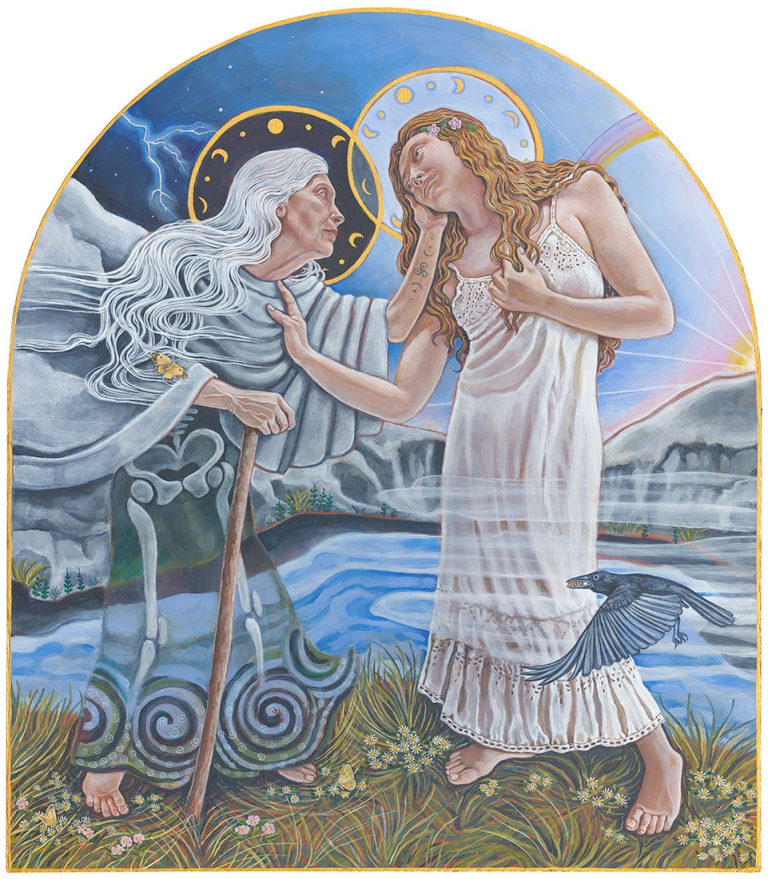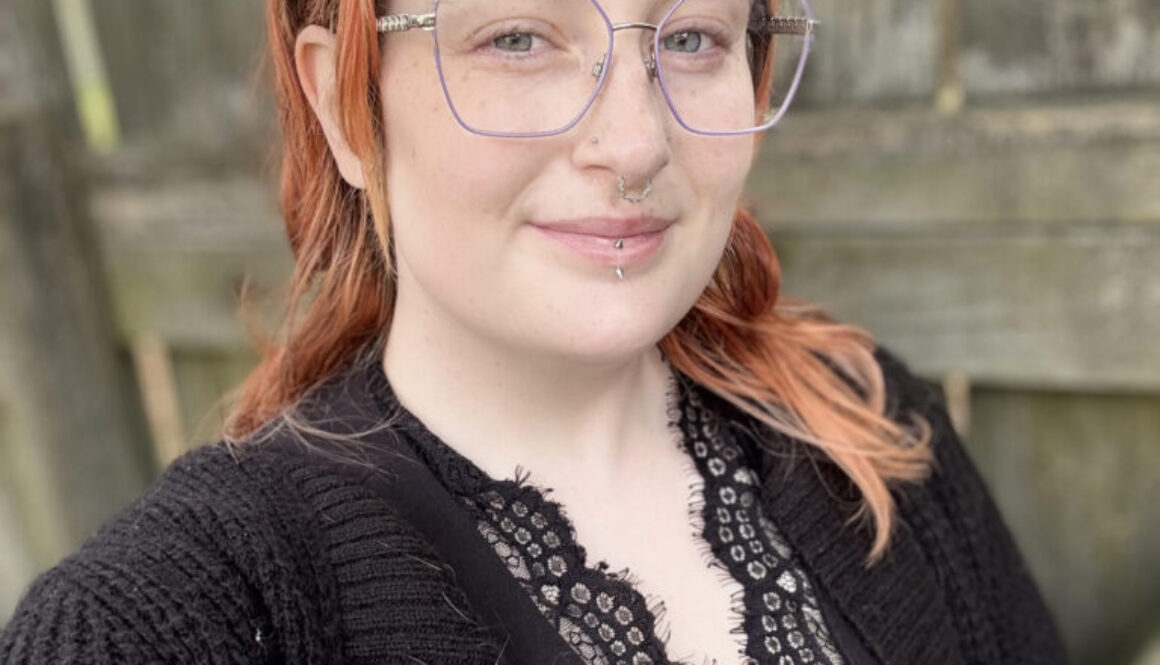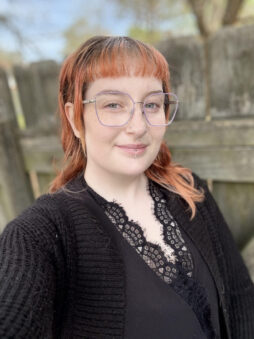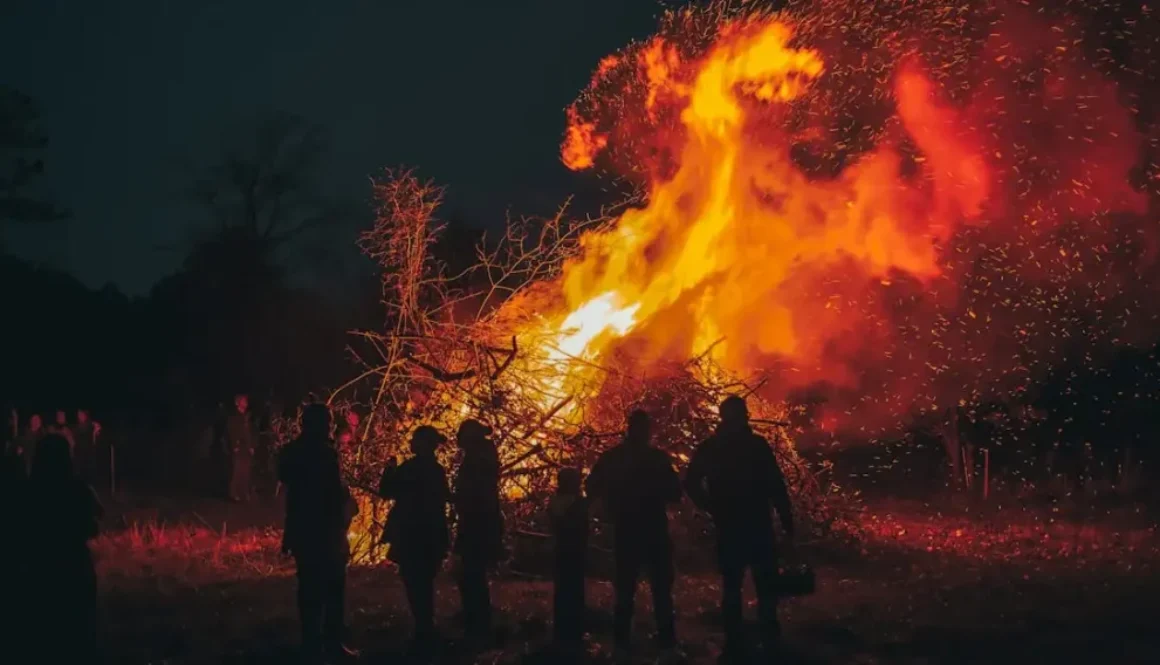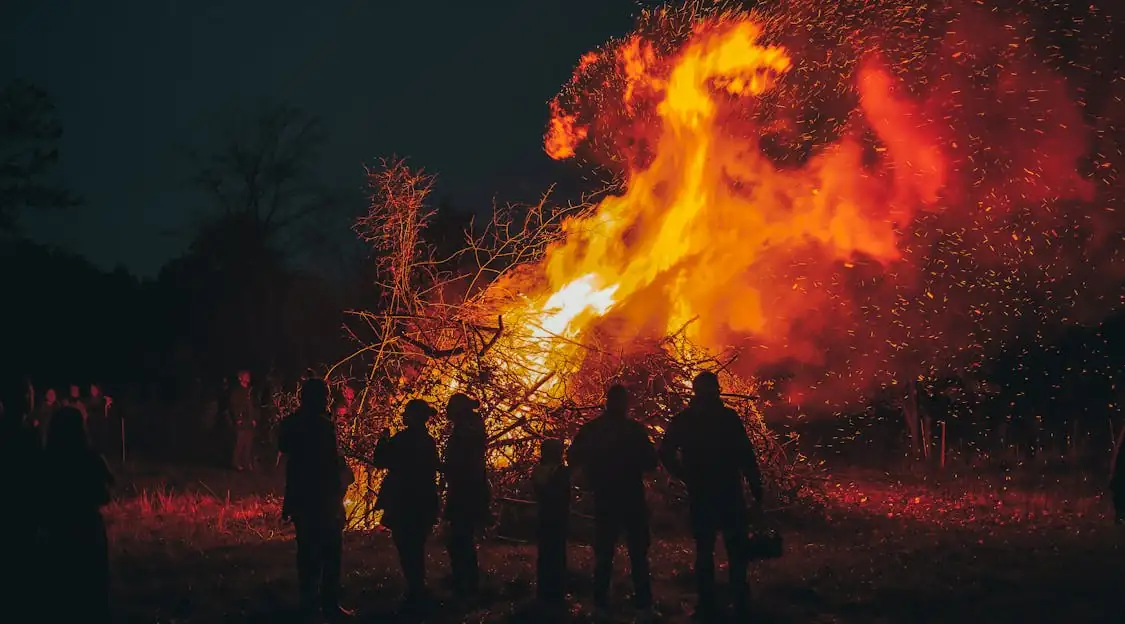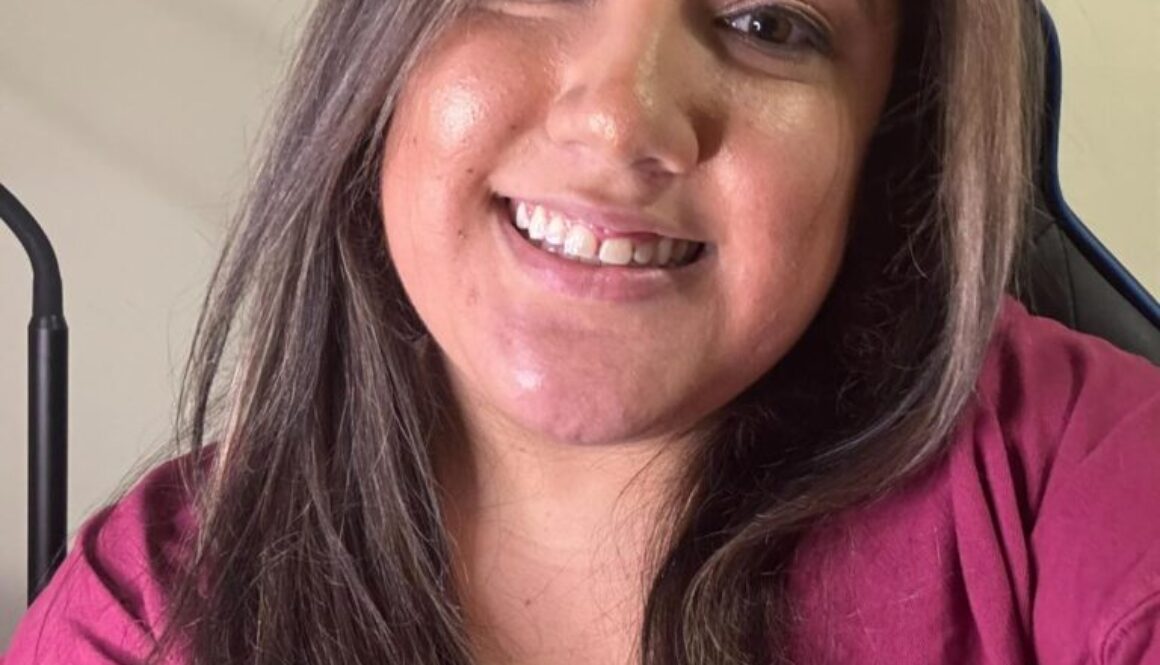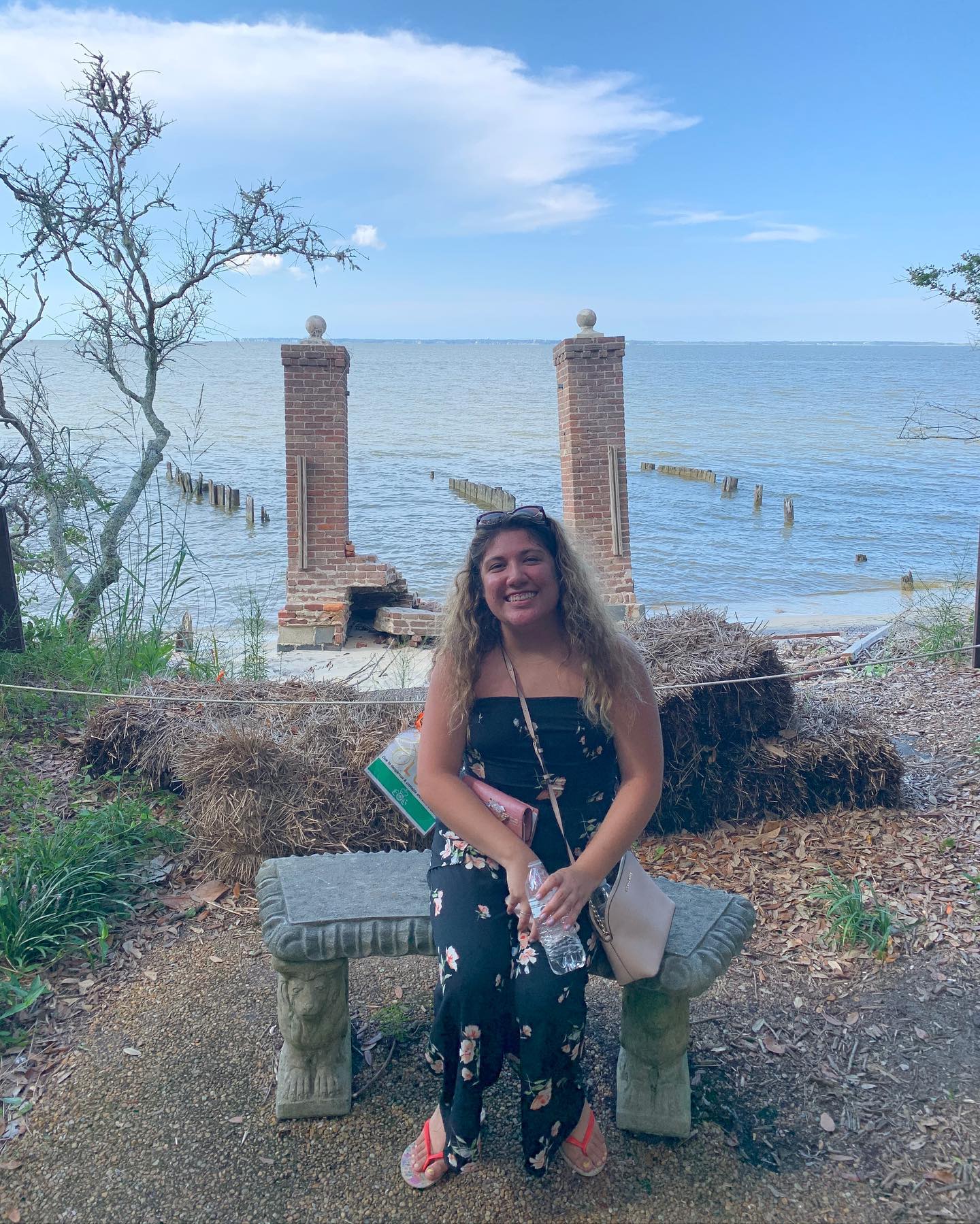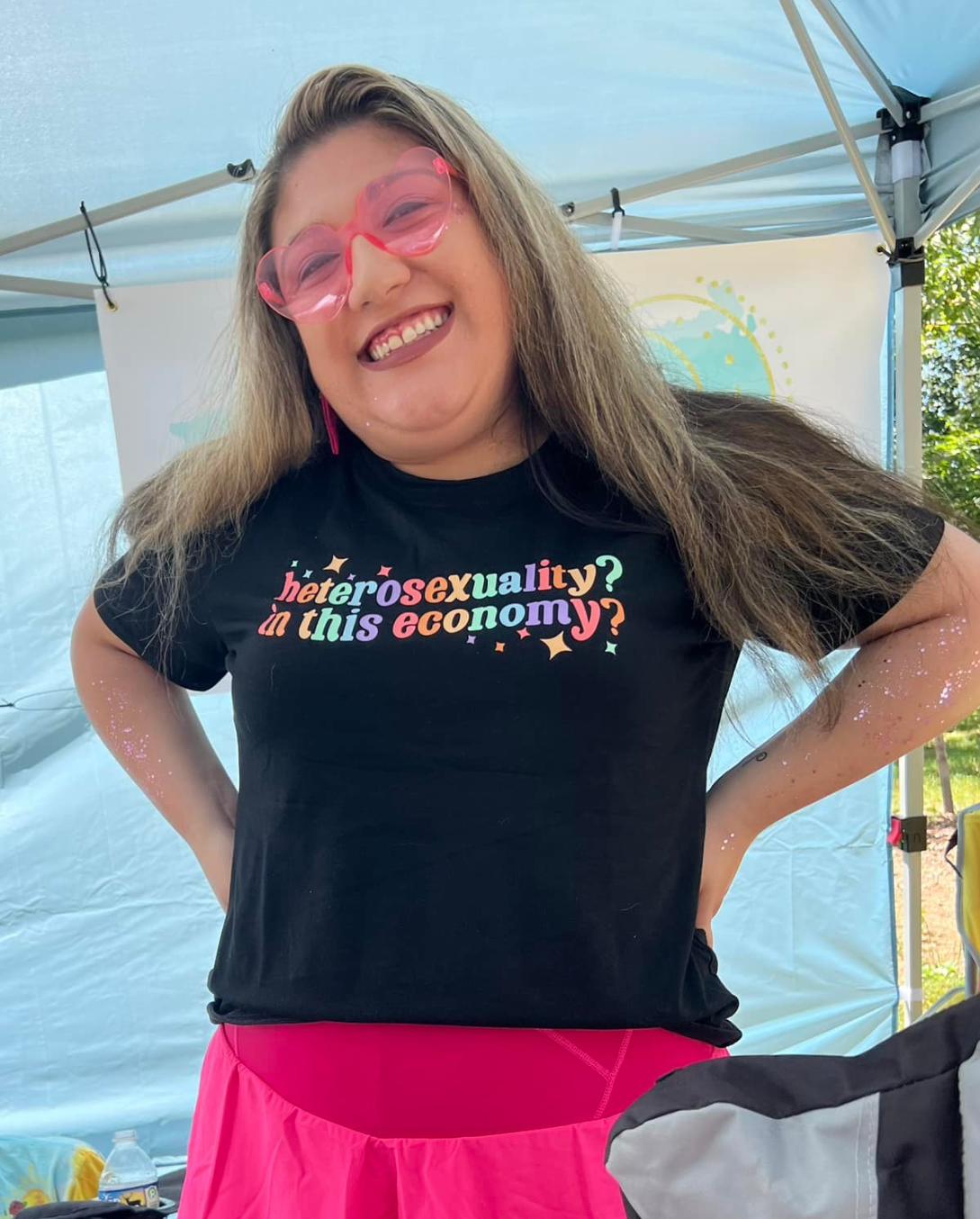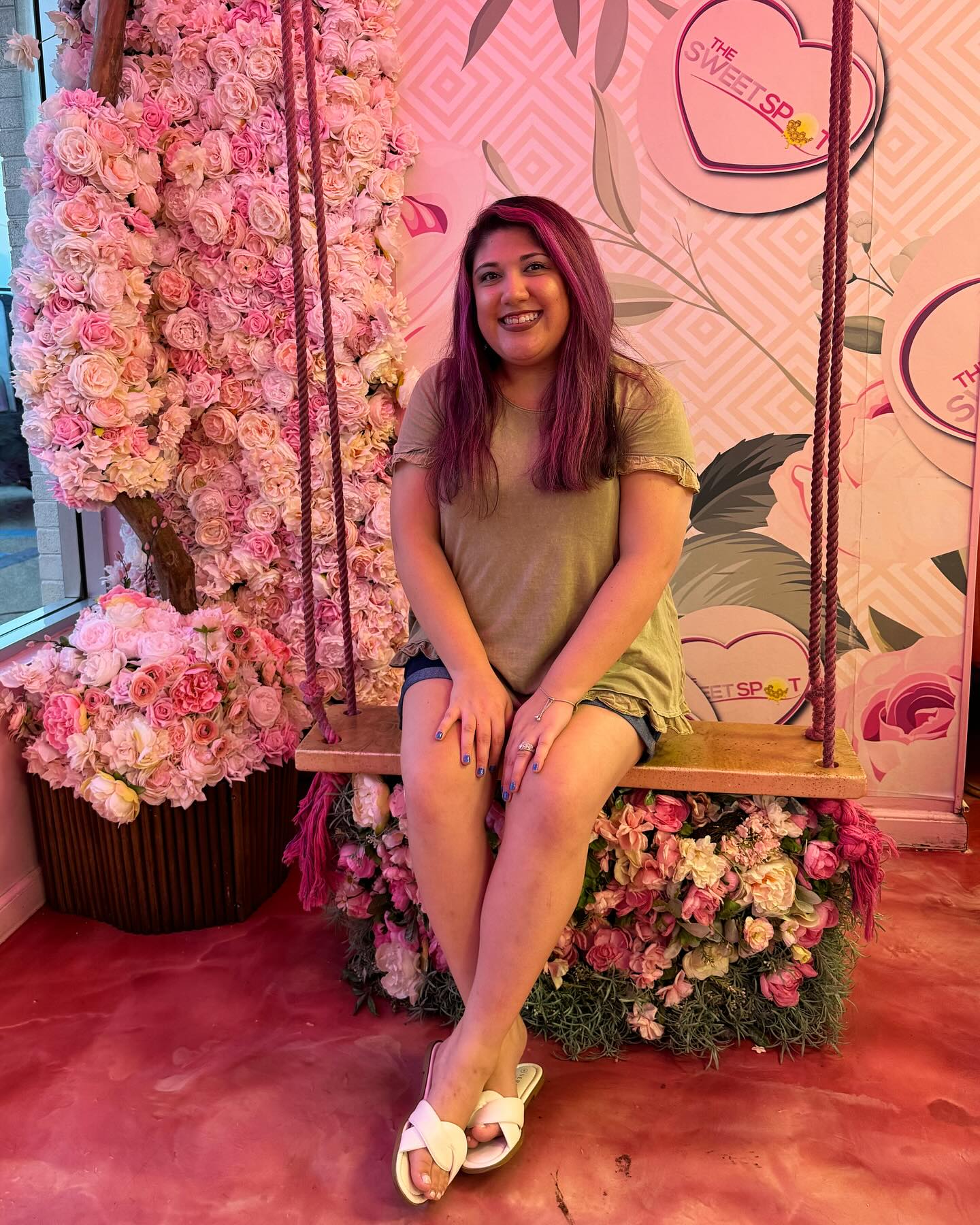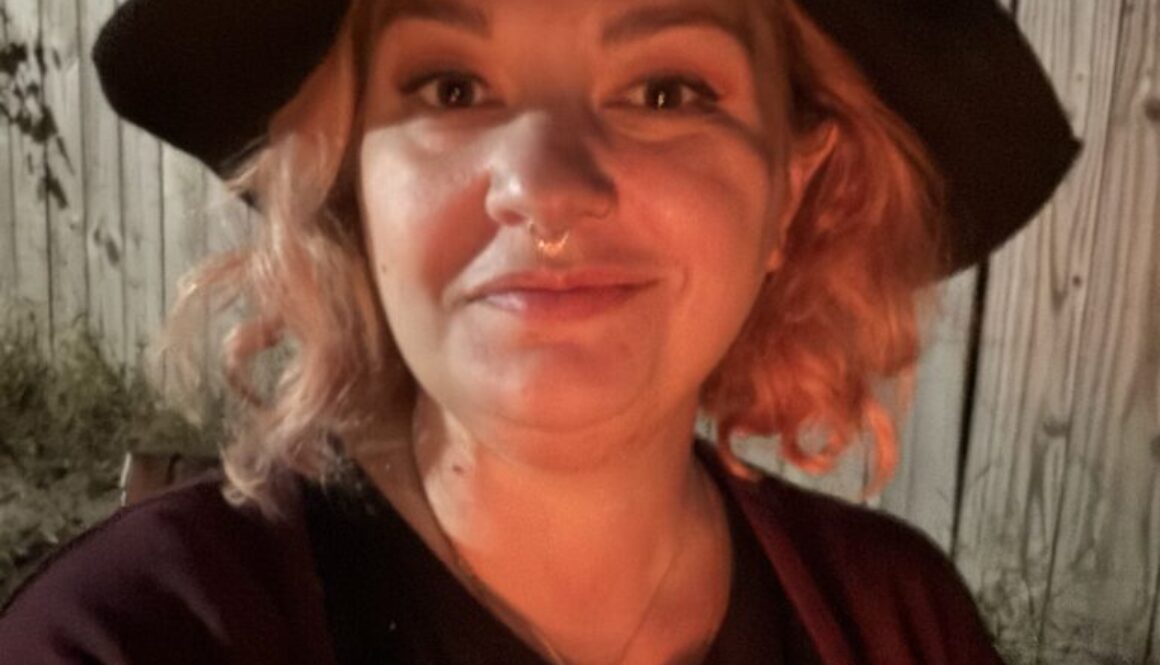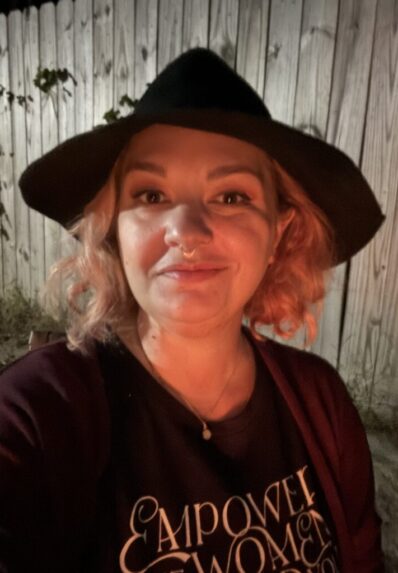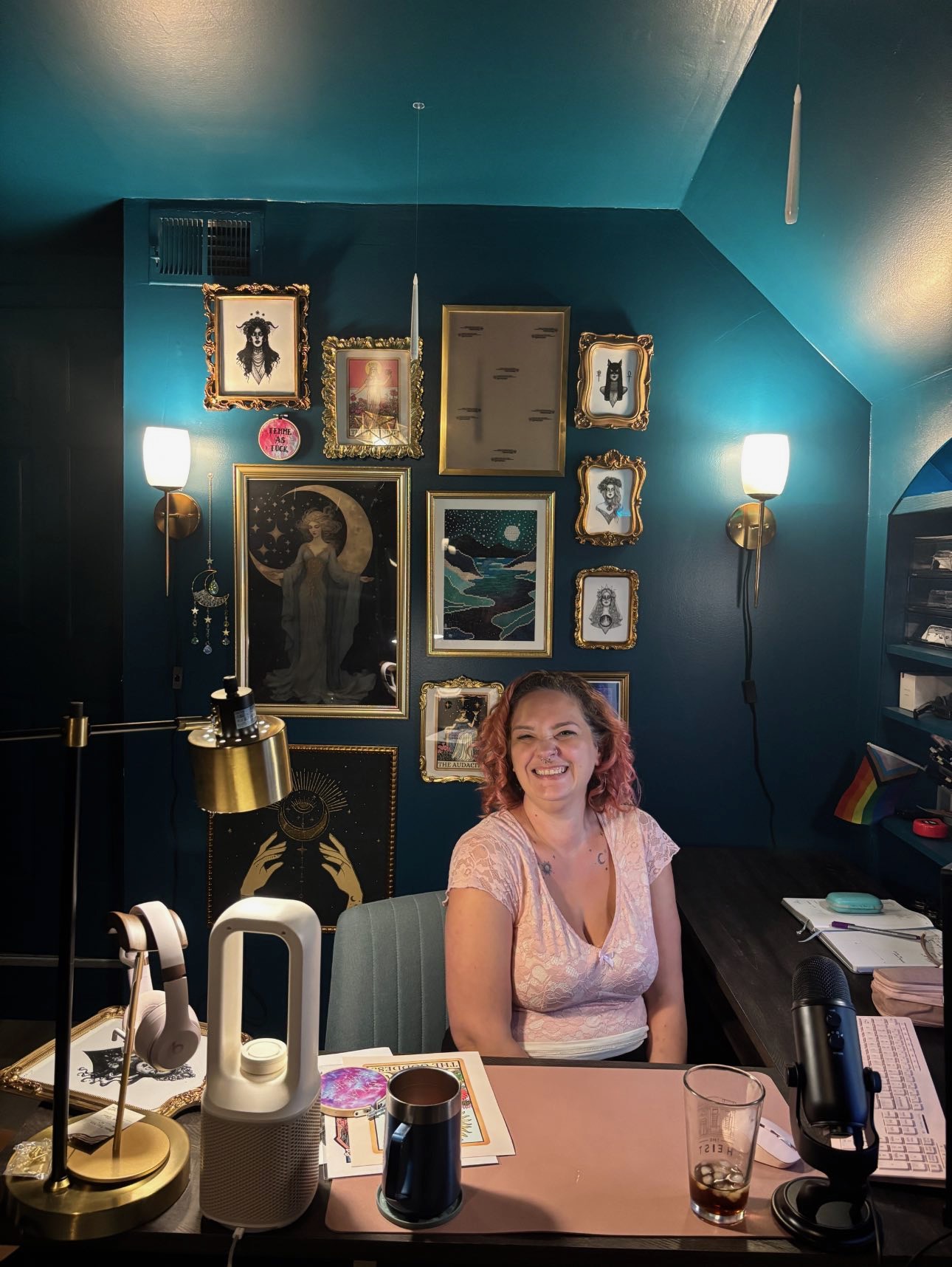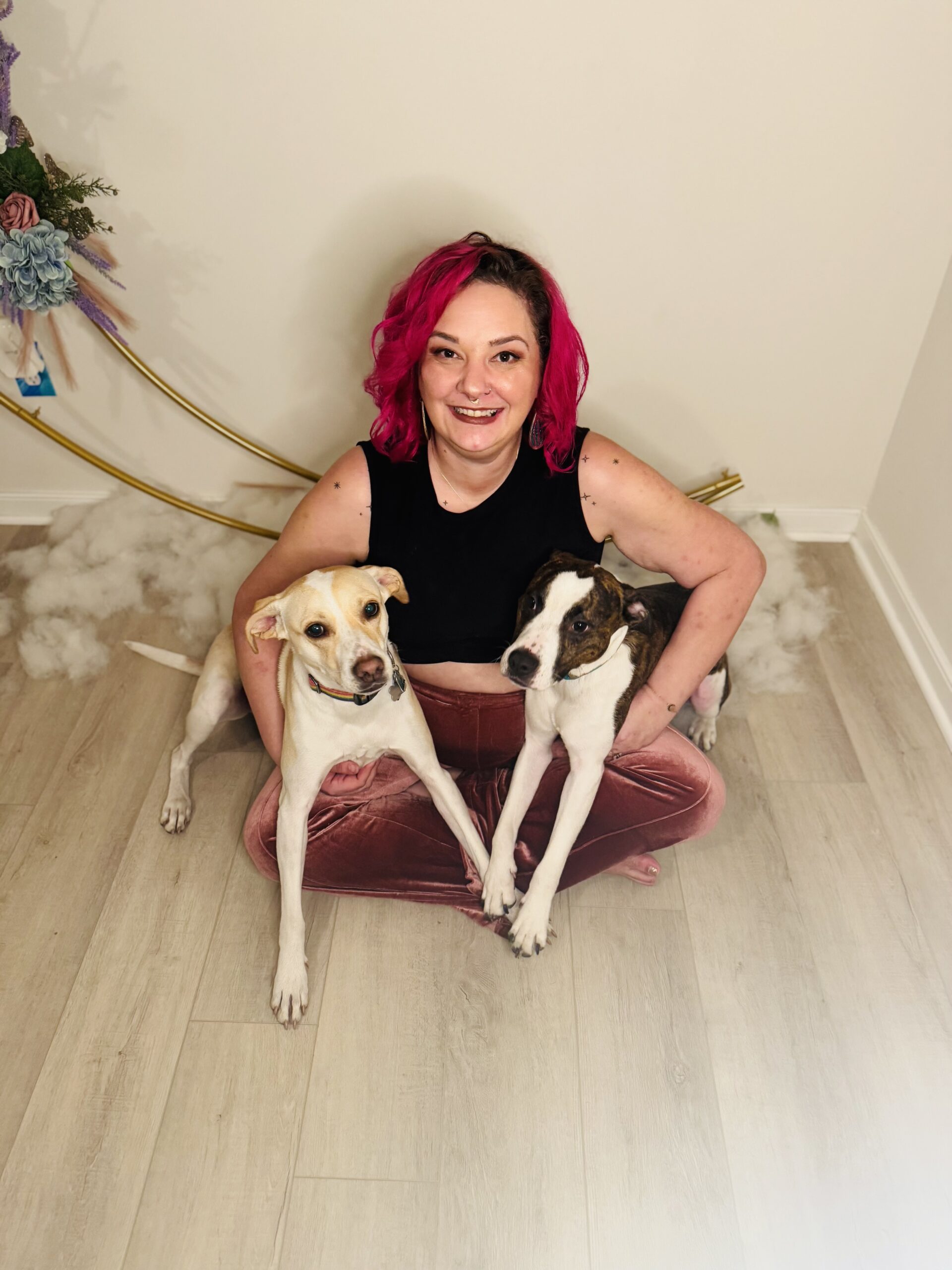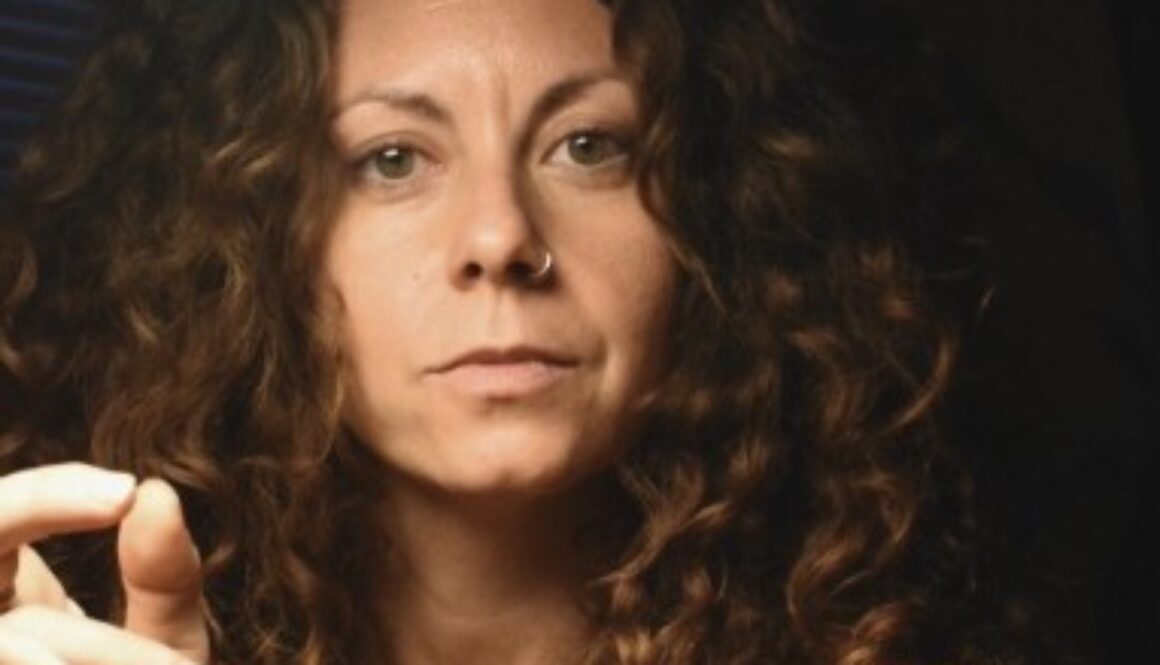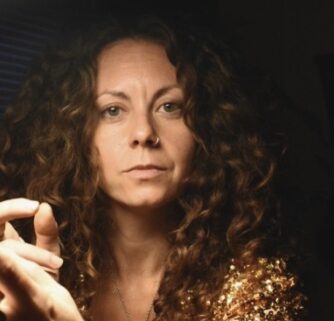Clinician of the Quarter: Meet Mike Dinh!
Meet Mike! 2026 First Quarter Clinician Spotlight
In this interview, Mike (he/him) shares his journey from nursing to clinical social work and the values that guide his work as a therapist. He reflects on what felt missing in the medical model, his commitment to whole-person and socially conscious care, and the quiet, meaningful changes he witnesses in therapy.
Mike also discusses his collaborative approach with clients, his interest in polyvagal theory and nervous system care, and his belief in honoring the many parts of the self. Together, these perspectives offer a grounded look at how healing can unfold through curiosity, safety, and authentic connection.
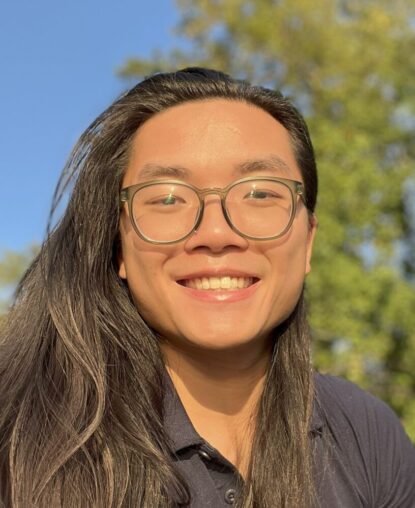
Q: What inspired you to become a therapist, and how has your journey in the field evolved so far?
A: Mental health has always been an important topic to me. But I officially became introduced to the art of caretaking during my undergraduate degree in nursing. What encouraged me to make the switch from nursing to clinical social work was my experience working within a medical model. More times than not there seemed to be a psychological and/ or emotional element missing from the healing process that felt deeply important for me to pursue.
As a result, I learned that “health” intersected with many more factors than I had originally understood in terms of race, class, ability, gender, culture, religion, values, sexuality, and so forth. This made me equally passionate about social justice in tandem with mental health. That being said, I hope to exemplify and continue to adopt this learner attitude as a therapist in order to create a safe place to be curious with my clients.
Q: What has been one of the most rewarding aspects of your work with clients, and how do you navigate challenges in therapy?
A: One gem in session that I have had the pleasure to celebrate with my clients recently, are the subtle realizations that they aren’t the same person from when they started therapy. That progress doesn’t have to seem big or dramatic, but can be as simple as choosing to embrace the unknown and slightly changing course.
My clients and I navigate challenges together in therapy in a way that is collaborative and takes the pressure off of either party to “get it right” that first time. In this process we hope to undo aloneness, explore clear communication, and model safety/ repair.
Q: Can you describe a specific area or approach in therapy that you are passionate about or currently focusing on in your practice?
A: I am currently interested in polyvagal theory and how it intersects with therapy, trauma, and activities of daily living. I try to intentionally weave into my practice an acknowledgement of each other’s nervous system and how we can co-regulate or tend to them best. I believe in multiplicity of the “self” and learning to reconcile with all those different parts of ourselves can help us live more authentically.
Interested in connecting with Mike? Head to our homepage and click “Contact Us” to get started.

